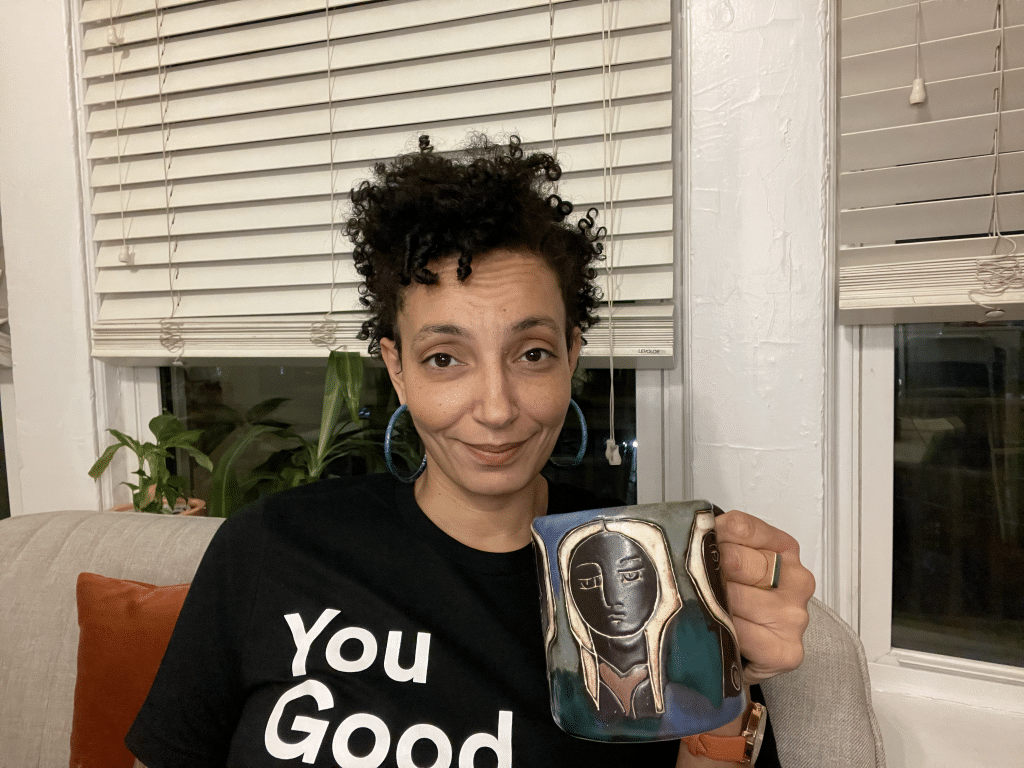In part two of their conversation, host Aaron Schoenherr and Tanarra Schneider, Managing Director of Leadership & Culture at Accenture, discuss corporate America’s diversity, equity, and inclusion efforts. They cover why diversity and inclusion initiatives are felt before they’re measured, and the challenges leaders face in backing up their organization’s point of view with meaningful action.
Episode Highlights:
1:27 – Aaron and Tanarra discuss affinity groups and who in an organization should have a seat at the table
3:50 – Tanarra provides advice on preparing C-suite executives for difficult conversations and why they should show up as a person, not an executive
7:17 – Aaron and Tanarra exchange thoughts on irrational reactions and the links between fear and violent reactions
11:43 – Tanarra explains how diversity, equity, and inclusion is felt before it is measured
15:30 – Aaron and Tanarra discuss why organizations cannot authentically express authority on social justice initiatives without action to back them up
16:52 – Tanarra encourages organizations to say they’re still learning and explains why they should join the conversation, not the news cycle
19:07 – Tanarra reveals who she views as an authority







